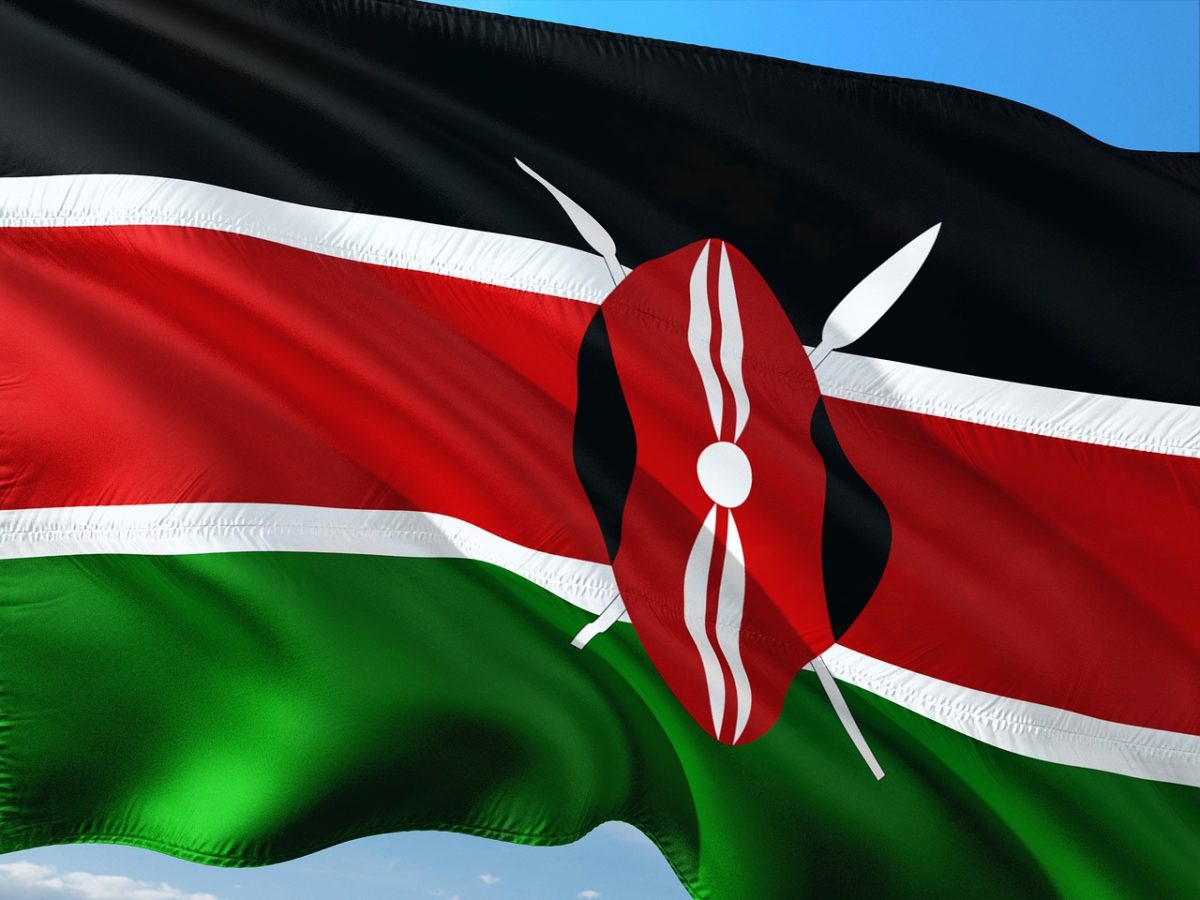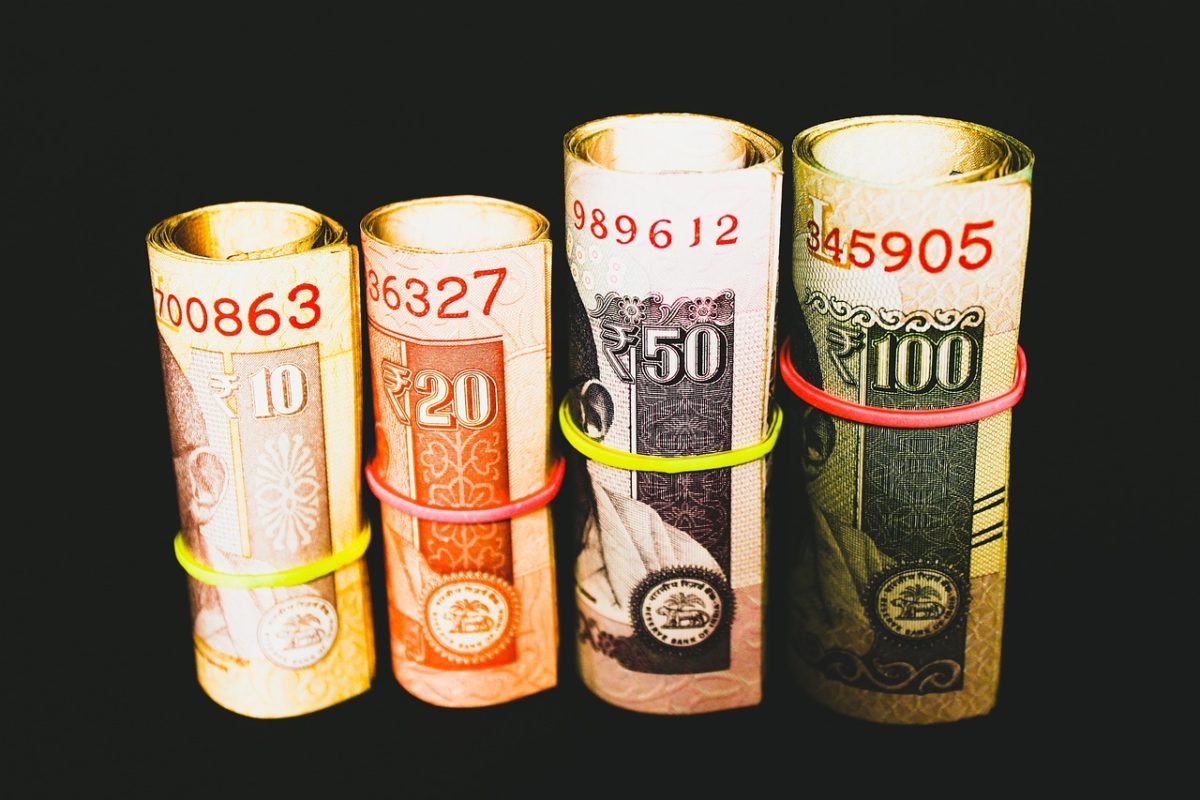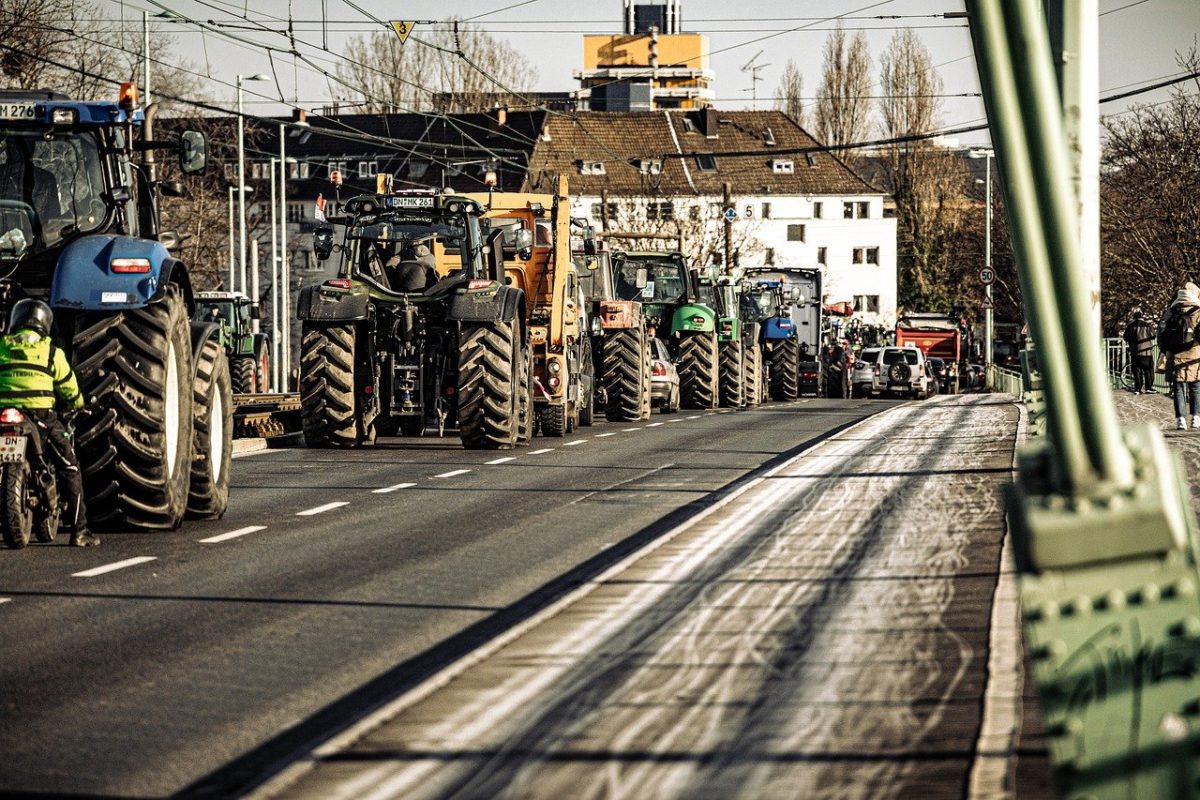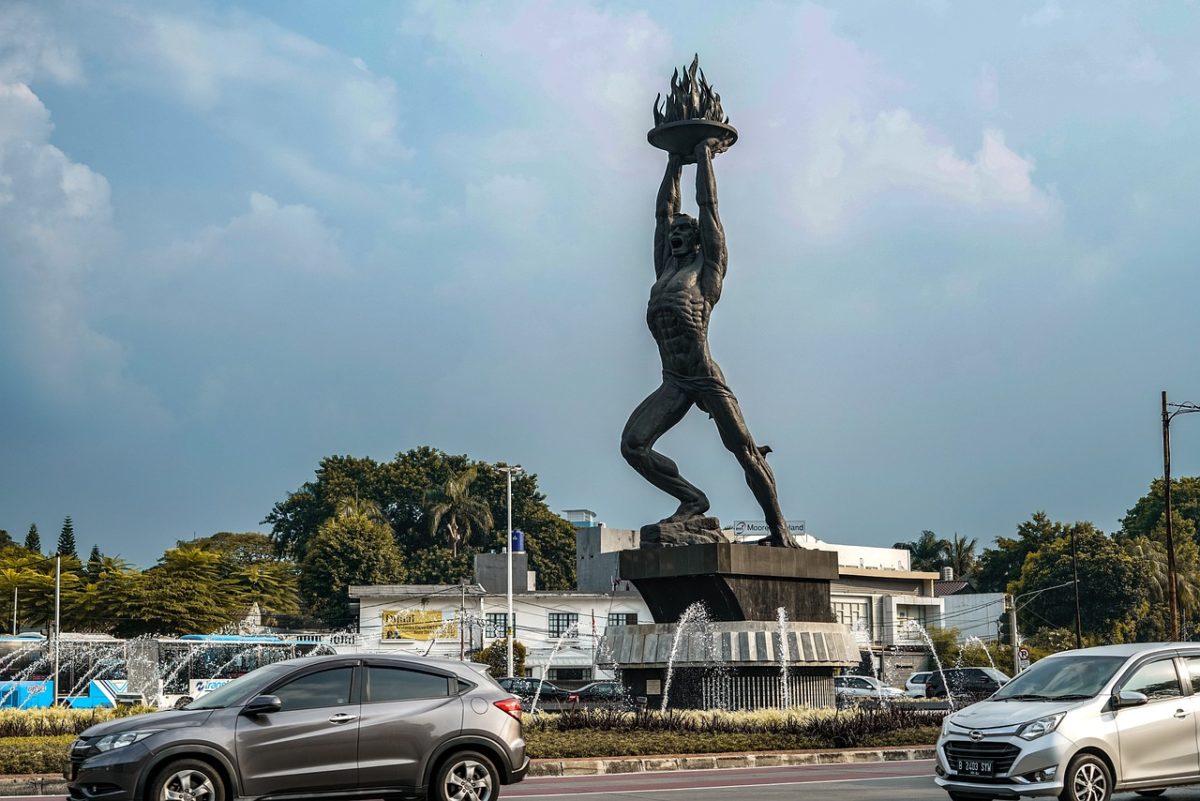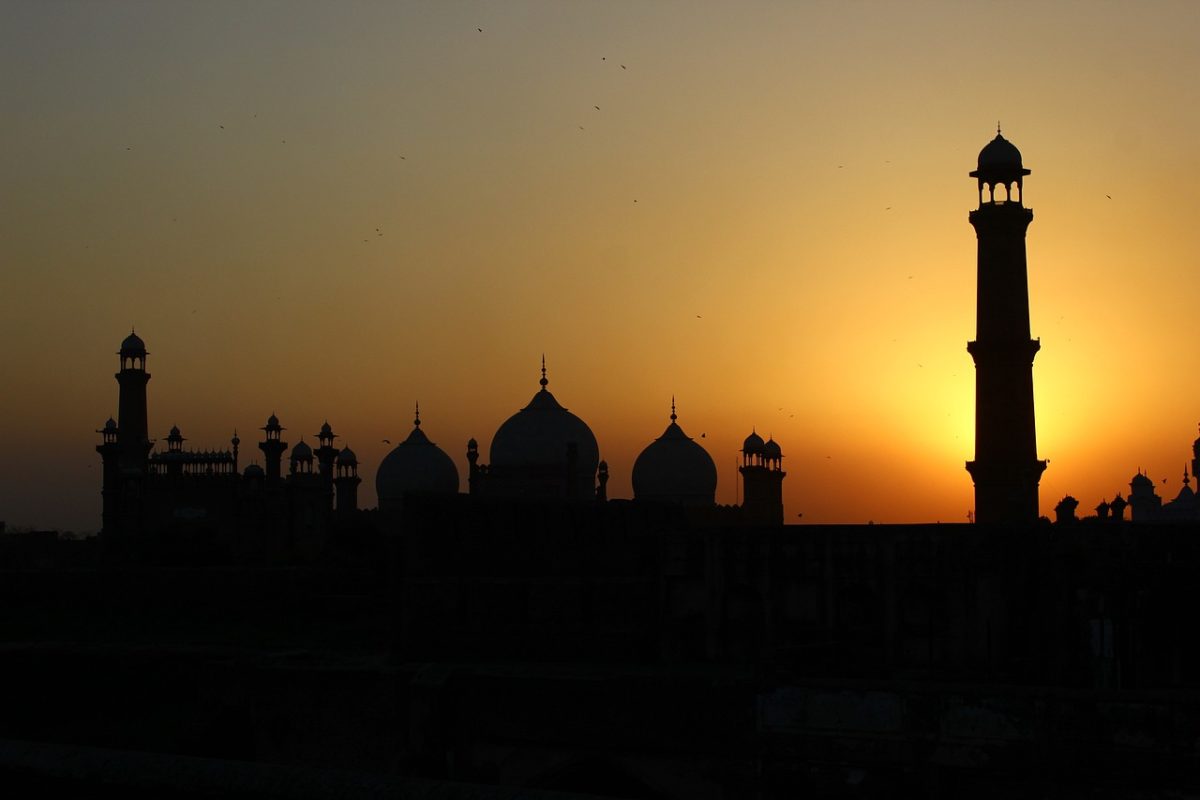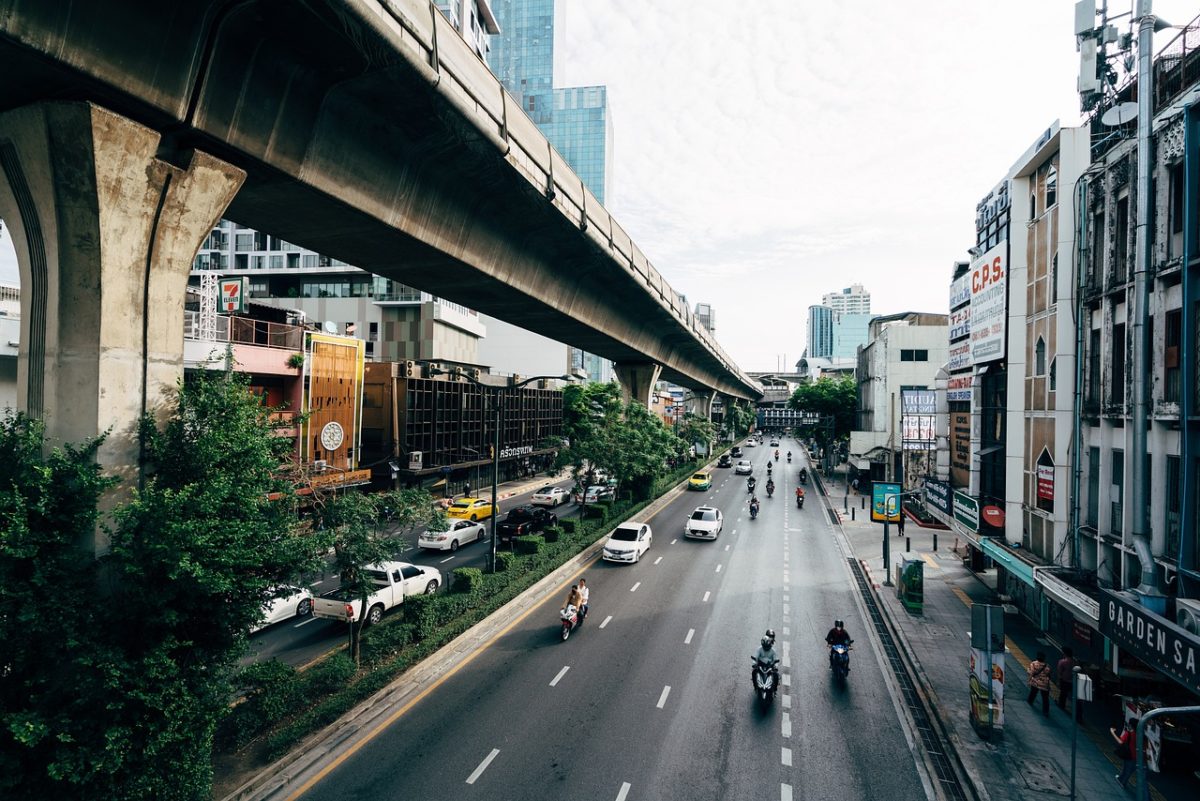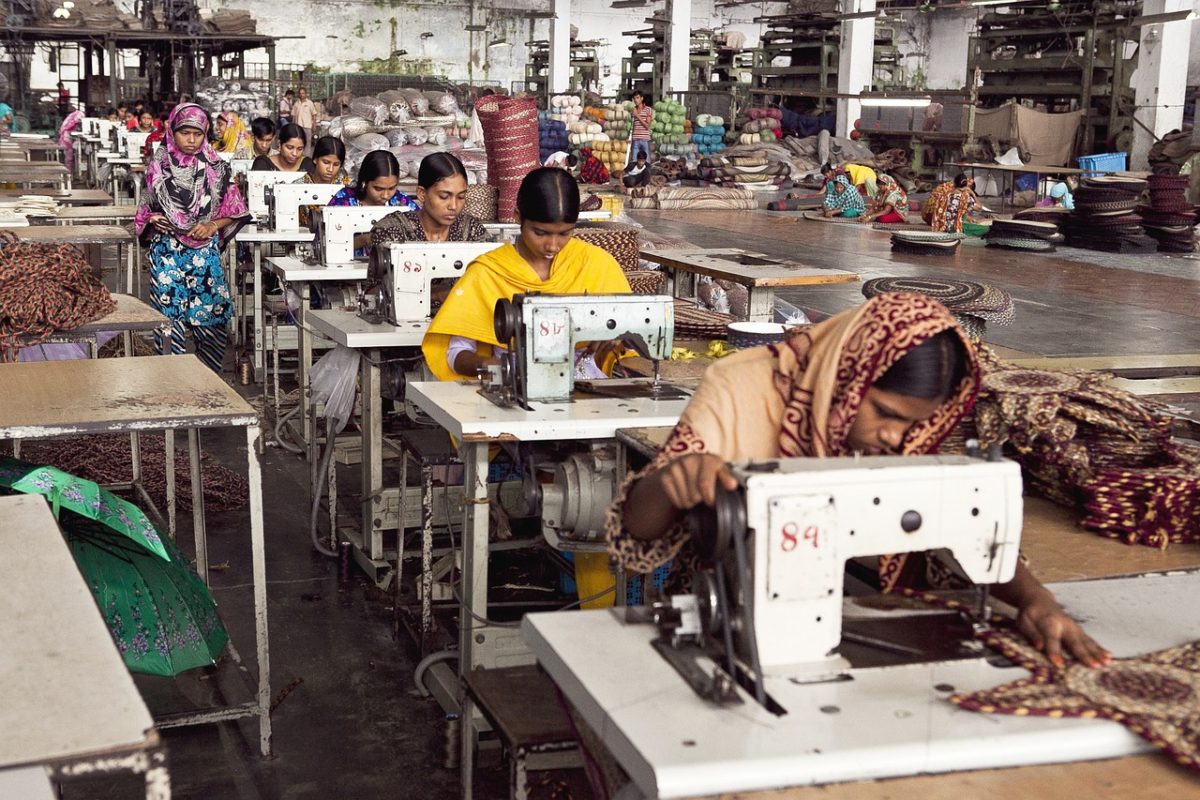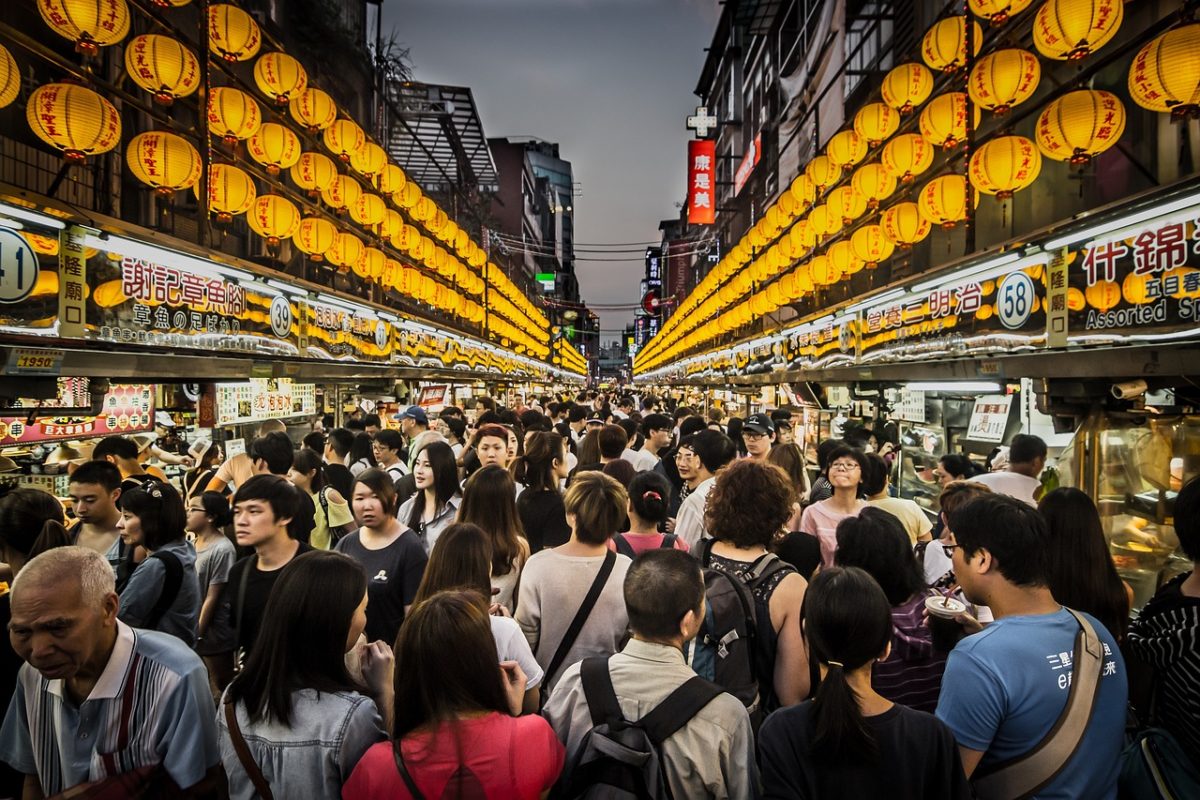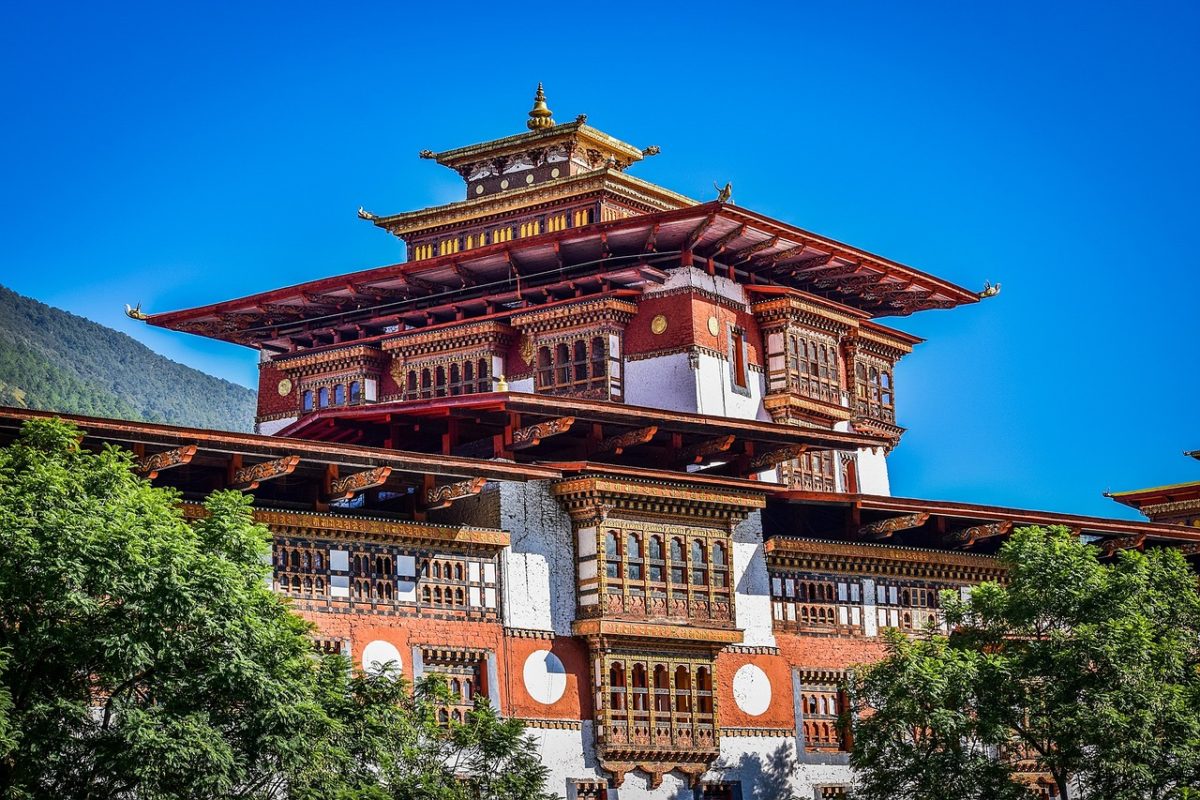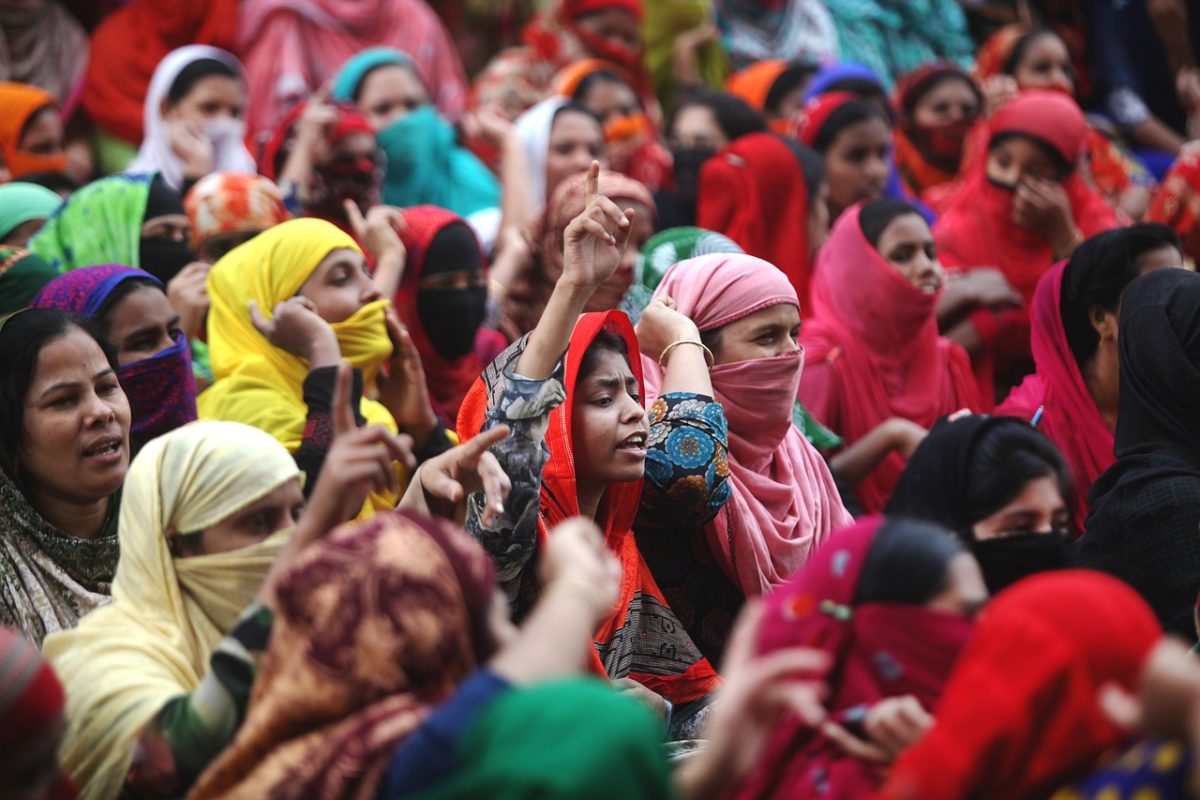Taiwan’s upcoming January 2024 presidential election is a pivotal moment in its political landscape, marked by the candidacy of four main contenders: Vice President Lai Ching-te of the Democratic Progressive Party (DPP), Hou Yu-ih of the Kuomintang Party (KMT), Ko Wen-je of the Taiwan People’s Party (TPP), and independent candidate Terry Gou. This election is closely watched by both Washington and Beijing, given its implications for cross-Strait tensions and Taiwan’s global relationships.
The election’s focus is on managing relations with China, a key foreign policy issue, alongside domestic concerns such as economic and environmental policies. Lai Ching-te emphasises increasing Taiwan’s autonomy and security through closer relations with the United States and other democracies. The DPP has been at the helm during a period of growing tensions in the Taiwan Strait. Conversely, Hou Yu-ih from the Kuomintang (KMT) party, campaigns on averting war with China, asserting that the KMT is better equipped to manage cross-strait tensions.
Continue reading “Taiwan’s Presidential Elections: Situational brief”
